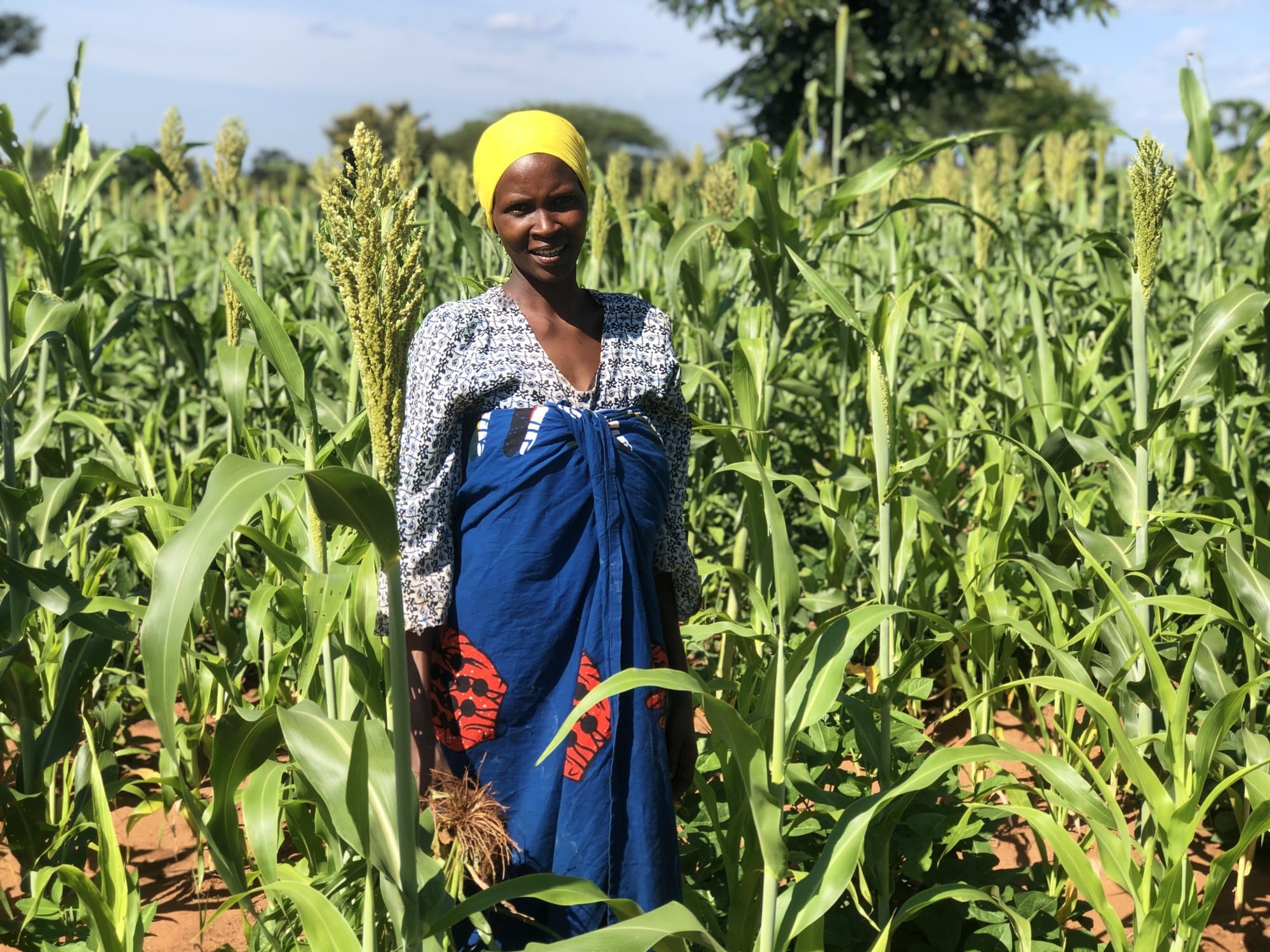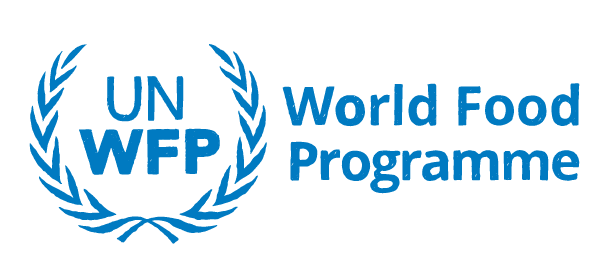Programme
Complete
Boosting sorghum production in a changing climate
Country
Tanzania
Running from
2019-2024
People reached
40,051
Key focus areas
Act on climate change
Increase food security and nutrition
Strengthen food systems

Market demand for sorghum is rising but smallholder farmers lack the yields, equipment and systems to tap into demand. Farm Africa supported smallholder farmers to adopt new techniques that boost yields, build resilience to extreme weather and protect the environment.
30%
Farm Africa worked with smallholder farmers to increase the productivity of their sorghum farming by 30%.
With an increasingly volatile climate endangering smallholders’ food security, we supported farmers to build their climate resilience and food security through better access to markets and value chains and sustainable management of natural resources.
The project provided farmers with climate-smart and nutrition-sensitive skills to improve the quantity, quality and value of their sorghum. Farmers adopted improved sorghum varieties and production practices which allow them to achieve a surplus, even in drought conditions, and eventually access financial services and profitable markets. The project also focused on empowering female farmers and young people, involving them in decision-making and income-generating activities.
This project was funded by Irish Aid through the World Food Programme.


